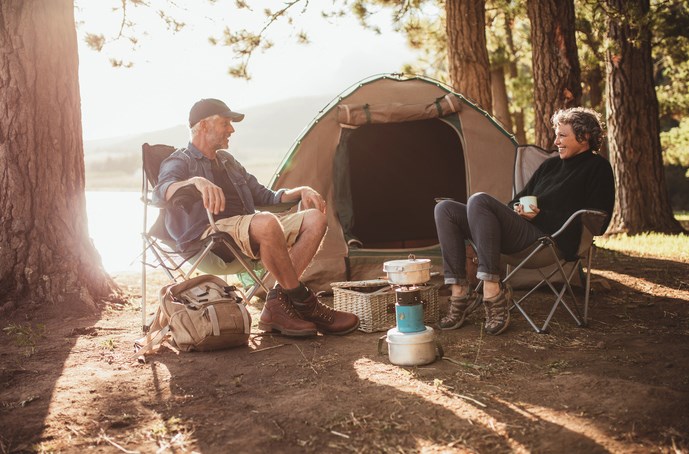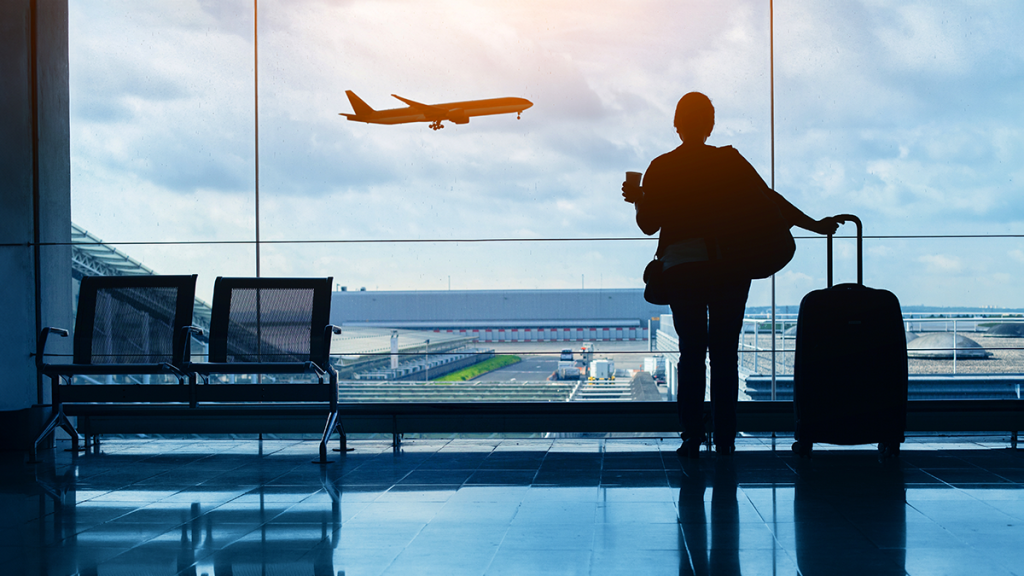Essential Tips and Tricks for Staying Safe on Your Next Camping Trip

Camping is a wonderful way to connect with nature, relax, and embark on exciting adventures. However, being prepared and staying safe should always be a top priority when venturing into the great outdoors. Whether you’re an experienced camper or a novice, it’s important to follow certain guidelines to ensure a safe and enjoyable camping experience. Here, we will provide you with essential tips and tricks to help you stay safe on your next camping trip.
1. Research and Plan Ahead:
Before setting off on your camping trip, it is crucial to conduct thorough research and plan accordingly. Familiarize yourself with the area you’ll be camping in, including any potential hazards or wildlife encounters you may face. Check weather forecasts and make sure you’re prepared for any changes in conditions. Additionally, inform someone you trust about your itinerary, including your expected return date, in case of emergencies.
2. Choose a Safe Campsite:
When selecting a campsite, prioritize safety. Look for well-established campsites with clearings that are free from potential hazards such as dead trees, loose branches, or rocky terrain. Avoid setting up camp near bodies of water that may flood during heavy rains. If camping in bear country, choose a designated bear-proof site away from food storage areas.
3. Pack Adequate Safety Equipment:
Prepare a well-stocked camping gear checklist that includes essential safety equipment. Ensure you have a first aid kit, including bandages, antiseptic solution, painkillers, and any necessary prescription medications. Carry a map, compass, and a fully charged mobile phone or communication device. Pack extra batteries, a flashlight, and a multi-tool for emergency situations.
4. Practice Fire Safety:
Campfire safety is paramount. Choose a designated fire pit if available, or clear an area away from flammable materials. Never leave a fire unattended and ensure it is fully extinguished before leaving or going to sleep. Keep a bucket of water or sand nearby to quickly douse any sparks or embers. Familiarize yourself with any fire regulations or restrictions in the camping area.
5. Be Aware of Wildlife:
While encountering wildlife can be an exciting part of camping, it’s important to respect their space and take necessary precautions. Store food securely in airtight containers and keep it away from your sleeping area to prevent attracting animals. Research local wildlife behaviors and learn how to respond appropriately in the event of an encounter. Always maintain a safe distance and never attempt to feed or approach wild animals. Keep latest gun like 38 special revolver for self-defense in wild.
6. Stay Hydrated and Practice Food Safety:
Staying hydrated is crucial while camping, especially in hot and dry conditions. Carry an ample supply of potable water and ensure it is stored in clean containers. When preparing meals, follow proper food safety practices by washing your hands thoroughly, using separate cutting boards for raw and cooked food, and storing perishable items in a cooler with ice packs.
7. Prepare for Weather Conditions:
Weather conditions can change rapidly in outdoor environments, so it’s essential to be prepared. Pack appropriate clothing and gear for various weather scenarios, including rain gear, warm layers, and sunscreen. Stay informed about weather forecasts and be ready to modify your plans or seek shelter if necessary.
8. Practice Leave No Trace Principles:
Respect the environment and practice Leave No Trace principles to minimize your impact on nature. Pack out all trash and litter, and dispose of it properly. Use established trails and campsites to avoid damaging fragile ecosystems. Respect wildlife and avoid disturbing their habitats.
Conclusion:
By following these essential tips and tricks, you can ensure a safe and enjoyable camping experience on your next outdoor adventure. Prioritize research and planning, choose a safe campsite, pack adequate safety equipment, practice fire safety, be aware of wildlife and practice food safety. Stay hydrated, be prepared for changing weather conditions, and always practice Leave No Trace principles to minimize your impact on the environment.
Remember, safety should be your top priority while camping. By taking these precautions and staying informed, you can minimize risks and maximize the enjoyment of your outdoor experience. Whether you’re hiking, cooking over a campfire, or exploring nature, being prepared and knowledgeable will ensure a memorable and safe camping trip.
So, gear up, plan ahead, and embrace the beauty of the great outdoors while keeping safety at the forefront of your mind. Happy camping!




